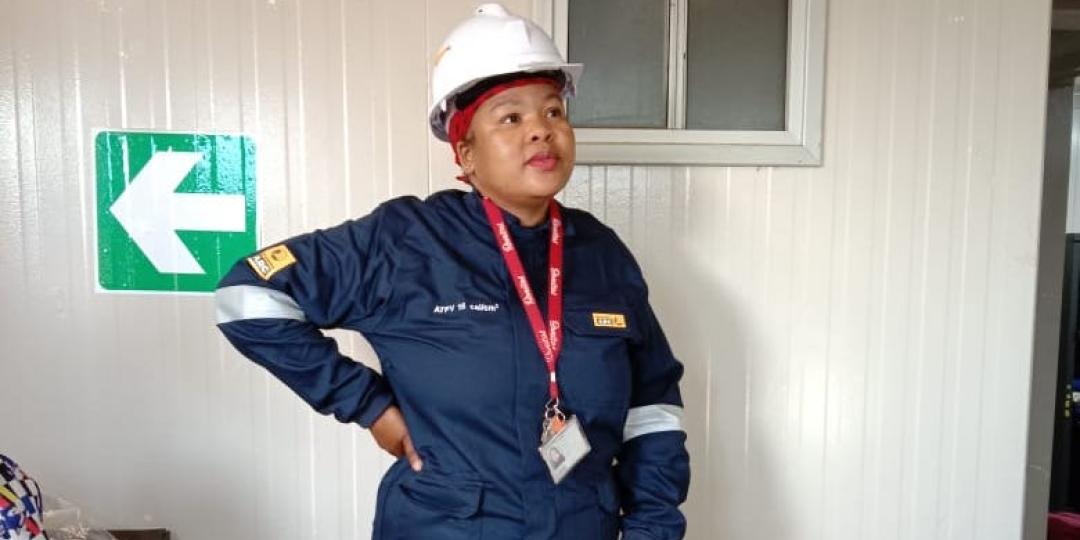More than 600 young people from the mining communities in the North West, Northern Cape and Limpopo provinces are well on their way to securing the skills they need to get jobs in South Africa’s tourism and hospitality sector, which continues to show steady signs of recovery after the pandemic.
They are the latest participants in a tourism training programme run by Anglo American’s enterprise development arm, Zimele, and development specialists Summit. The programme sees candidates receiving comprehensive training in various trades within the sector, including table attendant, assistant chef and assistant housekeeper.
To date, nearly 800 young people have completed their training, with 320 already placed in jobs. More than 1 200 job opportunities have been identified as the programme looks to place the rest of the trainees in full-time employment. In all, the programme aims to train and place around 3 000 young people from mining communities in jobs in the tourism sector.
“It’s not enough simply to give young people skills: they need jobs. We see the tourism sector as an important source of youth jobs as we try to improve the livelihoods of young people living in Anglo American’s host communities by giving them training and employment opportunities,” said Larisha Naidoo, Head of Anglo American Zimele.
According to Stats SA, the tourism industry has seen a 3.1% increase in contribution to the GDP for the first quarter of 2022 as domestic and international travel levels increase.
The training is part of Zimele’s Youth Development Programme’s existing workforce readiness programme, which aims create employment opportunities for youth from the communities around Anglo American’s mining operations. Summit offers targeted skills programmes in Hospitality and Tourism, and also assists with work-integrated learning and placing these learners once they are competent.
Kabelo Kobela (24), who was raised by his grandmother in Polokwane, trained as an assistant chef through the programme in 2021. He started work at a local hotel at the end of February, where he not only works in the kitchen, but has also started helping out at the front desk.
The students receive a travel allowance to attend contact training sessions, and SIM cards and smart devices to enable them to complete virtual training sessions. Once they complete the practical experience component of their training, they get support in landing a full-time job.
Single mother Connie Phalane, from Balfour, Mpumalanga, completed the programme in 2020. She has since started her own catering business and recently catered for a national government department’s Imbizo event where she was responsible for the VIP section. “My life has changed in a positive way since I participated in the programme,” she says.
























